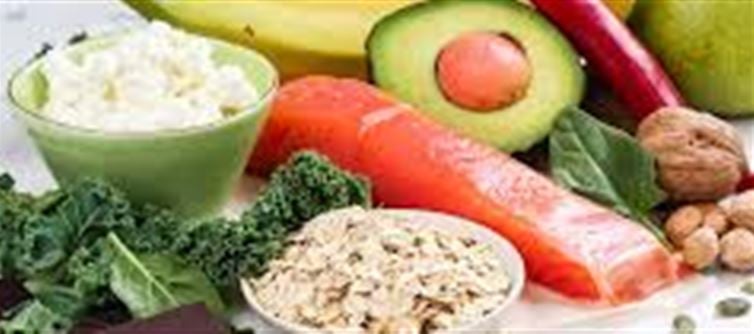
Overview
When you hear “brain health”, you might immediately think about memory, focus, mood, and ageing gracefully. What often doesn’t come to mind is your diet.
The truth is, what you eat directly impacts your brain function. Nutrients from everyday foods can help improve cognitive performance, protect against neurodegeneration, and support long-term brain health.
Key Brain-Boosting Nutrients
1. Omega-3 Fatty Acids
· Why it matters: Supports neuron function, improves memory, and reduces inflammation.
· Common food sources: Salmon, mackerel, sardines, chia seeds, flaxseeds, walnuts.
2. Antioxidants (Vitamin C, E, and Polyphenols)
· Why it matters: Protects brain cells from oxidative stress and supports overall cognitive health.
· Common food sources: Blueberries, strawberries, oranges, nuts, green tea, dark chocolate.
3. B vitamins (B6, B12, Folate)
· Why it matters: Essential for neurotransmitter production, energy metabolism, and reducing homocysteine levels (linked to cognitive decline).
· Common food sources: eggs, milk, leafy greens, legumes, fortified cereals, fish.
4. Vitamin D
· Why it matters: Influences brain development and function, mood regulation, and neuroprotection.
· Common food sources: Fatty fish, fortified milk, egg yolks, sunlight exposure.
5. Choline
· Why it matters: Crucial for memory and learning; it helps produce acetylcholine, a neurotransmitter.
· Common food sources: eggs, soybeans, liver, fish, cruciferous vegetables.
6. Magnesium
· Why it matters: Supports nerve signaling, learning, and memory retention.
· Common food sources: Spinach, almonds, pumpkin seeds, black beans, whole grains.
7. Protein
· Why it matters: amino acids from protein are the building blocks for neurotransmitters that regulate mood, attention, and sleep.
· Common food sources: eggs, lean meat, dairy, legumes, nuts, tofu.
Tips to Boost Brain health Through Diet
1. Incorporate variety: Eat a colorful plate with fruits, vegetables, nuts, and whole grains.
2. Prioritize healthy fats: Use olive oil, nuts, and fatty fish to support cognitive function.
3. Stay hydrated: Water is essential for optimal brain function.
4. Limit processed foods and sugars: They can impair memory and learning over time.
5. Plan meals for consistency: Eating balanced meals throughout the day supports sustained energy and focus.
Conclusion
Your plate is as important as your lifestyle when it comes to brain health. Regular intake of omega-3s, antioxidants, B vitamins, and minerals can improve memory, focus, and mood, while reducing age-related cognitive decline.
By including everyday foods rich in these nutrients, you’re not just feeding your body—you’re nourishing your brain for long-term well-being.
Disclaimer:
The views and opinions expressed in this article are those of the author and do not necessarily reflect the official policy or position of any agency, organization, employer, or company. All information provided is for general informational purposes only. While every effort has been made to ensure accuracy, we make no representations or warranties of any kind, express or implied, about the completeness, reliability, or suitability of the information contained herein. Readers are advised to verify facts and seek professional advice where necessary. Any reliance placed on such information is strictly at the reader’s own risk.




 click and follow Indiaherald WhatsApp channel
click and follow Indiaherald WhatsApp channel